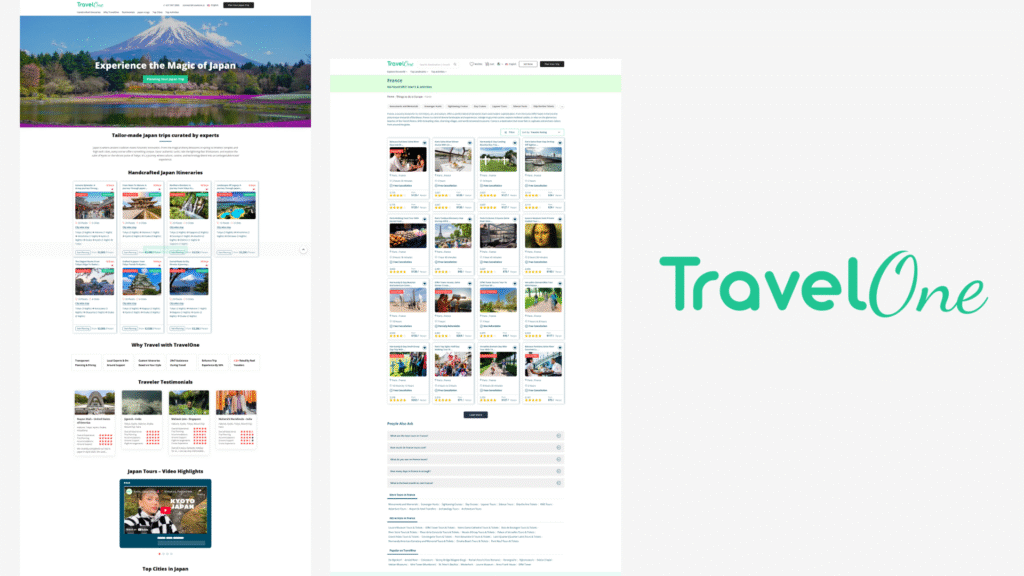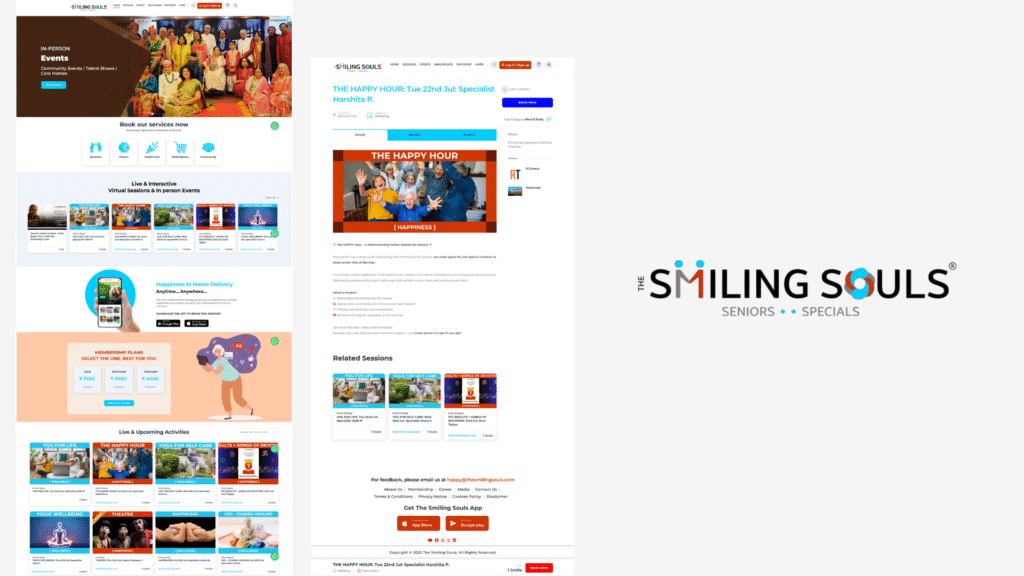WordPress SEO Tips 2025: Optimize Your Site for Google
In today’s digital landscape, having a well-optimized WordPress website is crucial for attracting organic traffic and ranking high on Google. As search engine algorithms evolve, so must your SEO strategies. In 2025, staying ahead requires implementing the most up-to-date practices to ensure your website is search-engine friendly, user-centric, and compliant with the latest SEO trends. This comprehensive guide covers essential WordPress SEO tips for 2025 to help you maximize your site’s visibility and maintain a competitive edge.
Why SEO Matters for WordPress in 2025
Search Engine Optimization (SEO) remains a cornerstone of digital marketing. With billions of websites vying for attention, ranking high on Google offers immense benefits, including increased traffic, brand authority, and higher conversions. WordPress powers over 40% of the web, making it an ideal platform for implementing robust SEO strategies.
As Google continually updates its algorithms—introducing features like AI-driven ranking signals, enhanced user experience metrics, and focus on mobile-first indexing—your SEO practices must adapt. In 2025, an optimized WordPress site is not just about keywords anymore; it’s about delivering value, speed, security, and relevance.
1. Conducting Effective Keyword Research in 2025
Understanding Search Intent
Effective keyword research begins with understanding what your audience searches for. Search intent categorizes keywords into informational, navigational, transactional, or commercial investigation queries. Tailoring content to match intent increases relevance and rankings.
Utilizing AI-Powered Keyword Tools
In 2025, AI-driven tools like SEMrush, Ahrefs, and Frase offer precise keyword suggestions, search volume data, and competitiveness analysis. Leverage these tools for finding long-tail keywords, semantic keywords, and question-based queries.
Mapping Keywords to Content
Create a keyword map aligning primary and secondary keywords to specific pages or blog posts. This approach ensures focused optimization and prevents keyword cannibalization.
2. Optimizing On-Page SEO for WordPress in 2025
Title Tags & Meta Descriptions
Ensure each page has a unique, keyword-rich title tag and meta description that accurately describe the content, enticing users to click from search results.
Header Structure & Content Hierarchy
Use <h2> and <h3> tags to organize content logically. Incorporate keywords naturally within headings to enhance relevance.
Optimized Content Quality
Create comprehensive, valuable, and engaging content that satisfies user intent. Use keyword variations, LSI (Latent Semantic Indexing) keywords, and answer common questions to improve relevance.
Image Optimization
- Use descriptive file names with keywords.
- Add alt text incorporating target keywords.
- Compress images for faster loading without quality loss.
3. Leveraging WordPress SEO Plugins Effectively
Choosing the Right SEO Plugin
Popular options include Yoast SEO, Rank Math, and All in One SEO Pack. Select the one that best fits your needs and expertise level.
Configuring SEO Settings
- Enable XML sitemaps to help Google crawl and index your site efficiently.
- Set up schema markup to enhance search listings with rich snippets.
- Implement canonical URLs to prevent duplicate content issues.
- Integrate with Google Search Console for performance monitoring.
Utilizing Built-in Features for Optimization
Use the SEO plugin’s features to optimize titles, meta descriptions, breadcrumbs, and social sharing settings. Regularly analyze SEO reports and fix issues promptly.
4. Improving Site Speed & Performance
The Importance of Speed in 2025
Google’s algorithm emphasizes page speed, especially on mobile devices. A fast website improves user experience, reduces bounce rates, and boosts rankings.
Speed Optimization Techniques
- Use a reliable WordPress hosting provider optimized for speed.
- Implement caching solutions like W3 Total Cache or WP Super Cache.
- Minify CSS, JavaScript, and HTML files.
- Leverage a Content Delivery Network (CDN) such as Cloudflare or MaxCDN.
- Optimize database by cleaning and removing unnecessary post revisions, spam comments, and transient options.
5. Ensuring Mobile-First & Responsive Design
In 2025, mobile-first indexing is the default. Your website must provide a seamless experience across all devices. Use responsive themes and test your site’s appearance on various screens.
Tools like Google Mobile-Friendly Test can help diagnose issues.
6. Building High-Quality Backlinks
Backlinks remain a significant ranking factor. Focus on earning links from authoritative sites via:
- Creating shareable, valuable content (e.g., infographics, comprehensive guides).
- Guest posting on relevant blogs.
- Engaging with industry influencers.
- Participating in forums and online communities.
Remember, focus on natural link-building practices to avoid penalties.
7. Enhancing User Experience (UX) for Better SEO
Google favors websites that offer excellent user experiences. Tips include:
- Improving site navigation for easy discovery.
- Using clear call-to-actions.
- Ensuring readability with suitable typography and spacing.
- Reducing intrusive pop-ups and ads.
- Implementing accessible design for users with disabilities.
8. Monitoring & Analyzing SEO Performance
Consistently track your SEO efforts using tools like Google Search Console and Google Analytics. Key metrics include:
- Organic traffic
- Keyword rankings
- Click-through rate (CTR)
- Bounce rate
- Conversion rate
Use insights gained to refine your SEO strategy continuously.
9. Staying Updated with SEO Trends in 2025
Quote: “SEO is an ongoing process. Staying informed about algorithm updates and emerging trends guarantees your site remains competitive.” – SEO Expert
Follow industry blogs, attend webinars, and participate in forums to stay ahead of the curve. The SEO landscape evolves rapidly, and adaptability is key.
Conclusion
Optimizing your WordPress site for Google in 2025 involves a comprehensive approach combining technical SEO, high-quality content, fast performance, and user-centric design. By implementing these tips, you can significantly improve your search engine rankings, attract more organic traffic, and grow your online presence. Remember, SEO is a long-term investment—consistency and ongoing optimization are essential for sustained success.
Start applying these strategies today and watch your WordPress website climb the Google rankings in 2025!



